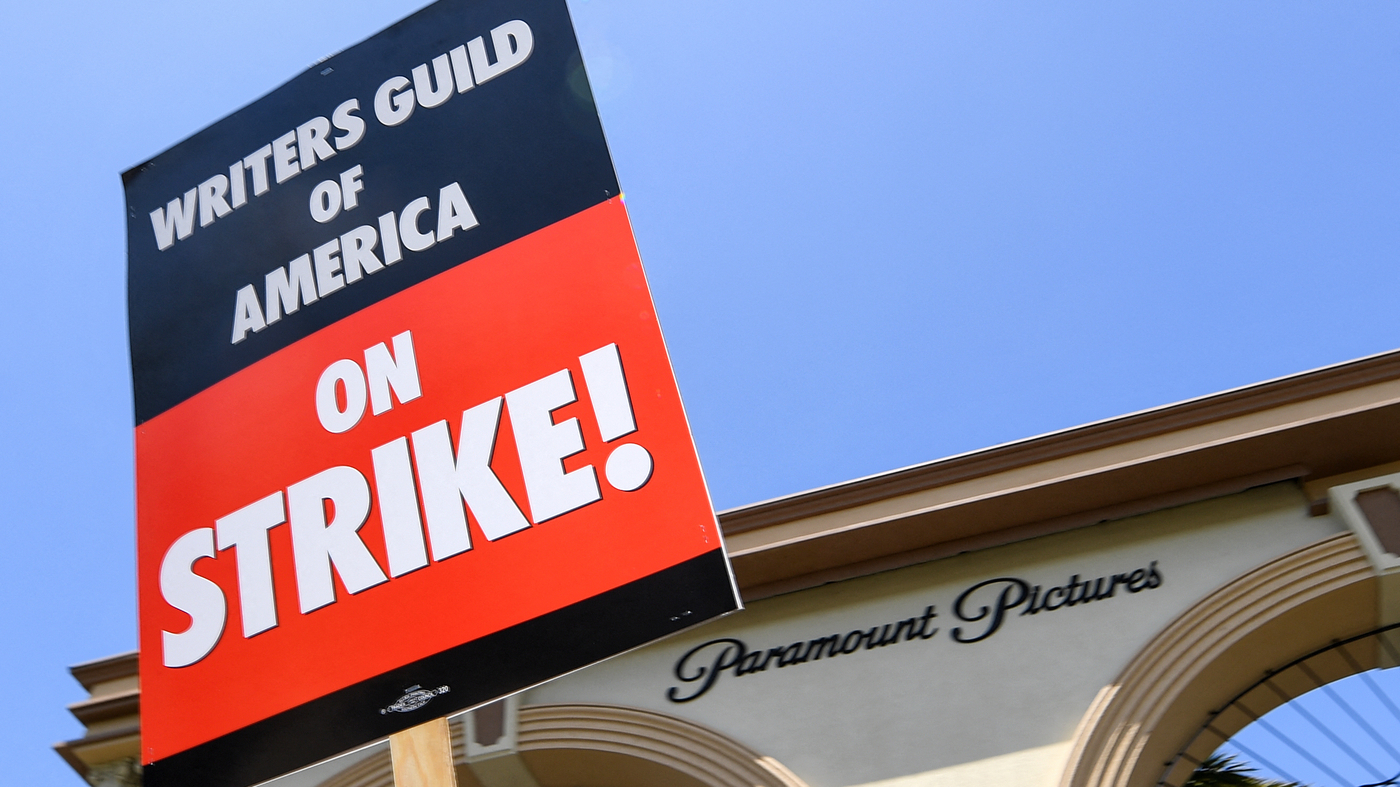
The writers of Hollywood agreed to end their strike
An Exceptional Deal Between the Writers Guild of America and the Association of Motion Picture and Television Producers, and the Streaming Industry
It’s been nearly five months since the Writers Guild of America began its strike against the major studios represented by the Alliance of Motion Picture and Television Producers. The two sides met up only once during the summer, but it reportedly didn’t go well — with writers accusing studio heads of lecturing them.
“We can say, with great pride, that this is an exceptional deal — with meaningful gains and protections for writers in every sector of the membership,” the WGA negotiating committee wrote in an email to members.
The agreement was reached over several nights at the bargaining table between the Alliance of Motion Picture and Television Producers and the Writers Guild of America.
Warner Bros. Discovery made adjustments to their projections due to the strikes. In July, Netflix estimated it would have an extra $1.5 billion in free cash flow, while Warner Bros. Discovery lowered its earnings expectations by about $300 to $500 million for 2023.
Last week, bargaining sessions were attended by Disney CEO Bob Iger, Warner Bros. Discovery CEO David Zaslav, Netflix CEO Ted Sarandos and Universal Pictures chief content officer Donna Langley. It was a highly unusual move, signaling studios’ eagerness to return to work; the stoppage has already caused them to delay premieres of many films and series.
The two sides had been at an impasse, with screenwriters demanding higher pay and more residuals when their work is re-run on streaming services. They asked for a residual formula based on the number of views on the streamers.
Executives were worried about their profits and pointed out that they have laid off employees over the last few years. Streamers like Netflix and Amazon have also been reluctant to release data on their viewership.
Writings complained about the new streaming model, so they asked for guaranteed staffing levels. In particular, they worried about the use of “mini rooms,” in which individual writers are hired to submit their work remotely, on spec, with no guarantees. The WGA argued that the elimination of “writer’s rooms” on TV series harms the continuity required for consistent storylines and characters and deprives newer writers of learning to be “showrunners” who oversee production.
The AMPTP still needs to make public details of the newest proposal, which allows for the hiring of at least two writers for each show.
The studios have also reportedly agreed to some demands to protect writer’s work from using artificial intelligence in the writing process. The AMPTP had previously proposed banning written material produced by generative AI software from being considered literary material.
The actors are waiting for the AMPTP to come back and negotiate their new deal. The actor’s strike has been going on since July.

